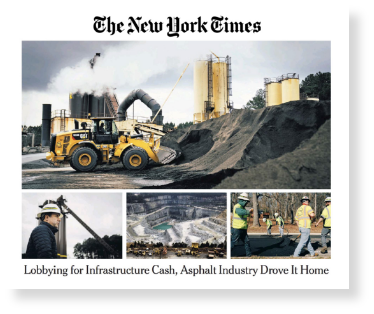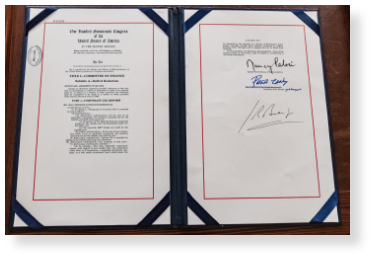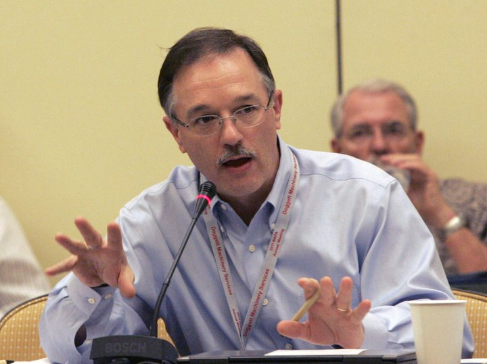
Engage with federal-level policy makers and educate the general public, in collaboration
with other organizations, to advance legislation and regulation supportive of
transportation infrastructure investment.
Many people assume NAPA works on legislative issues pending before the House of Representatives and the Senate. While it is true that NAPA spends the lion’s share of its time in Congress, there is another arm of government under the U.S. Constitution that is equally important to NAPA and its members: the Executive Branch led by the President. The Executive Branch holds the power to direct the activities of Federal Agencies that publish regulations and guidance implementing the laws Congress enacted.
With the passage the Infrastructure Investment and Jobs Act (IIJA), the Fiscal Year 2022 Consolidated Appropriations Act (CAA), and the Inflation Reduction Act (IRA), NAPA’s government affairs team has paid increasing attention on agency rulemakings and announcements, while at the same time advocating effectively on behalf of the asphalt pavement industry in the halls of Congress and keeping the asphalt pavement industry apprised of national developments impacting their businesses.


Take another look at the passage of the IIJA
IRA is significant legislation addressing deficit reduction, health care, taxes, environmental justice, and domestic energy production. For asphalt producers and suppliers, the biggest impact will be felt from the provisions dealing with climate change. IRA takes a carrot-versus-stick approach to addressing greenhouse gas emissions. IRA does not tax carbon or establish penalties for exceeding targets. Rather, IRA invests in low-carbon technologies through grants and incentives.


Research & Technology
Secured
$6 million in 2022 for Asphalt
Airfield Pavement
Technology Program
Raises total
for the AAPTP to $12 million since 2020
Contributes to total
$143 million in research and deployment funding for highway and airfield asphalt pavement technologies since 2000

Record Highway Funding

Airfield Improvement Funding
CAA boosted highway funding based on IIJA
authorized funding levels. According to NAPA’s
analysis, the federal share of the publicly funded
highway market in 2022 totaled a record-level
$72.35 billion
— compared to $50.1 billion in 2021
CAA provided
$6.8 billion
for airfields—
nearly double the $3.5 billion enacted in 2021.
Many of the projects funded by this
legislation have been approved and will take
shape in the next construction season.

Record Highway Funding
CAA boosted highway funding based on IIJA
authorized funding levels. According to NAPA’s
analysis, the federal share of the publicly funded
highway market in 2022 totaled a record-level
$72.35 billion
— compared to $50.1 billion in 2021

Airfield Improvement Funding
CAA provided
$6.8 billion
for airfields—
nearly double the $3.5 billion enacted in 2021.
Many of the projects funded by this
legislation have been approved and will take
shape in the next construction season.
NAPA succeeded in keeping all legislation free of pavement-type selection or pavement design mandates during 2022.
ON CAPITOL HILL

In coalition, NAPA worked to strongly oppose gas tax holiday legislation, which would have undermined the Highway Trust Fund’s fiscal health. Coalition partners, the Transportation Construction Coalition Legislative Fly-In, and grassroots activity helped to advance the industry’s regulatory priorities.
- NAPA signed on to four letters to the U.S. Department of Transportation and Office of Management and Budget on the statutory asphalt and concrete exemptions from Buy America requirements contained in IIJA.
- —In one letter, NAPA brought together all factions of the asphalt industry (NAPA, Al, AMAP, FP2, and SAPAs) together for the first time on this issue.
- NAPA-NSSGA-NRMCA comments to the U.S. Department of Labor opposing expansion of Davis-Bacon prevailing wage rates to include material suppliers providing asphalt or concrete at job sites. Under the proposed rule, asphalt suppliers—currently exempt from the rule—would have to monitor and report any time spent on the job site, not just material drop-off.
- NAPA submitted comments to:
- —the U.S. Department of Transportation on the role of pavements on proposed performance measure for greenhouse gas emissions from the transportation sector.
- —the Department of Transportation on proposed changes to the supplier credit for meeting the Disadvantaged Business Enterprise contract goals.
- —the Internal Revenue Service regarding application of a 30% tax credit for re-equipping asphalt plants to reduce greenhouse gas emissions.
Working in partnership with multiple associations, NAPA secured a favorable guidance from the Federal Highway Administration making paving activities eligible for the new Carbon Reduction core highway program, opening up a $6.4 billion market for low-carbon asphalt pavements.
Working with Rep. Tim Burchett (R-TN), we introduced HR 9204, the Recycled Plastic in Asphalt Act, which establishes a research and deployment program for the use of recycled plastic asphalt mixtures in highway pavements. The legislation helps avoid a plastic mandate in asphalt pavements, which NAPA would strongly oppose.
NAPA advocated for the Padilla-Cornyn amendment, included in the omnibus spending bill passed at year’s end, allowing state and local governments to use up to 30% of American Rescue Plan Act funds or up to $10 million, whichever is higher, on infrastructure.
NAPA took steps to strengthen its advocacy programs by establishing a new individual membership category for employees of NAPA member companies to join and be part of NAPA PAC. This Board-supported action will bolster NAPA’s position for the 118th Congress as it takes up the annual transportation appropriation bill and reauthorization of the Federal Aviation Administration Act.
Executive Vice President for Advocacy Jay Hansen will retire
at the end of February 2023. Coming soon: your opportunity to meet and
engage with our new head of advocacy.


